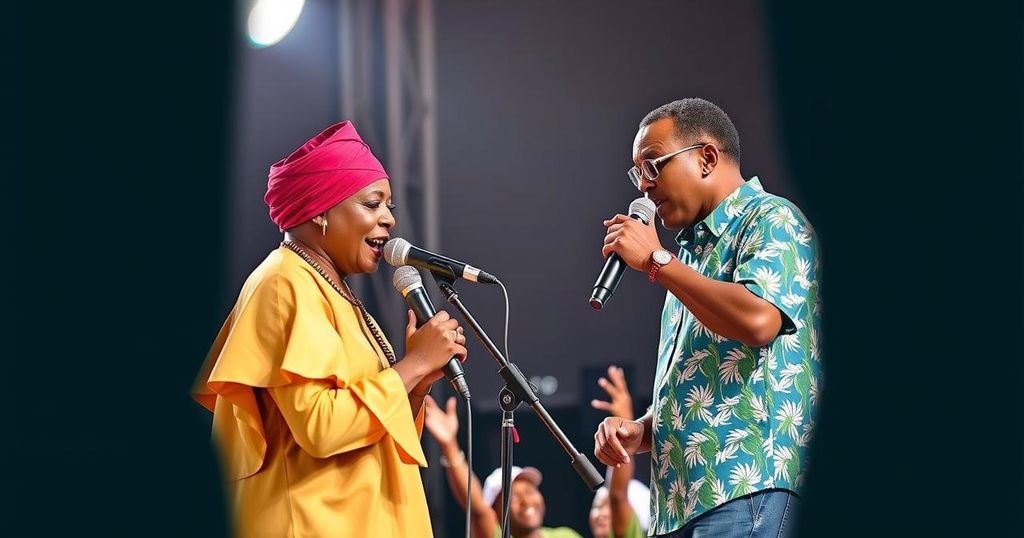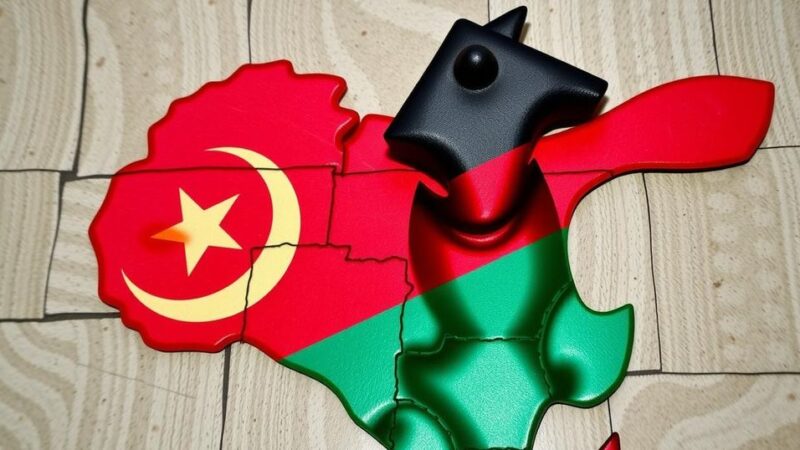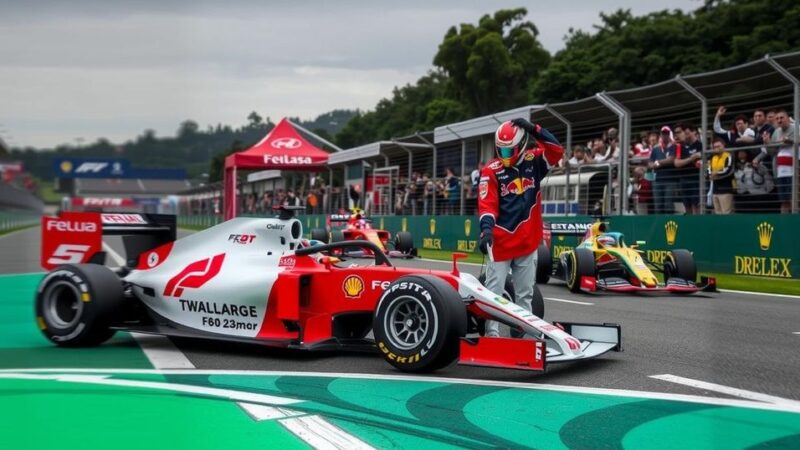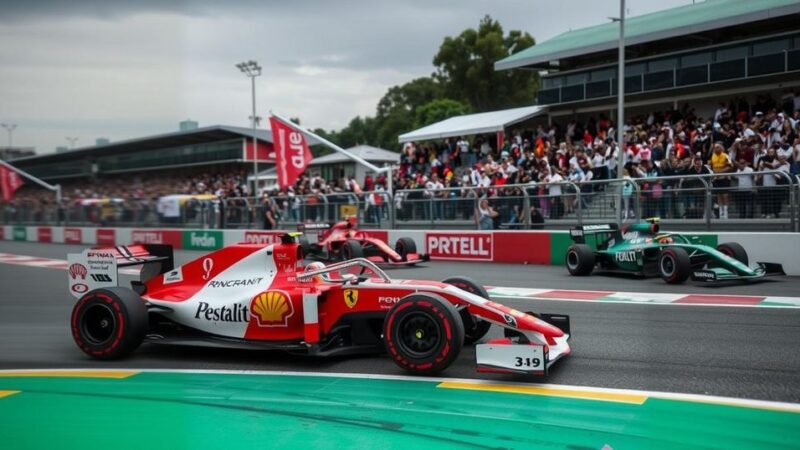In preparation for the 2024 elections in Ghana, concerns about election financing have intensified, with estimates suggesting presidential candidates may spend GH 1.5 billion ($100 million) to secure victory. The Electoral Commission faces a budget of GH 786.9 million ($52 million) for electoral activities, amid questions about the sources and legality of campaign finances. Corruption linked to illicit funding continues to pose challenges for Ghana’s democracy, prompting calls for legislative reforms.
The upcoming 2024 elections in Ghana are raising significant concerns regarding election financing and the impact that money has on democratic processes. Ghana’s Electoral Commission budgeted more than GH 786.9 million ($52 million) for the elections, with additional requests indicating that costs might increase. The Center for Democratic Development highlights that to successfully win a presidential election in Ghana, candidates could spend upwards of GH 1.5 billion ($100 million). This expenditure often arises from illicit funding sources, creating a troubling nexus of corruption and political financing in the country.
The 2020 elections saw the Electoral Commission expending over GH 760 million ($51 million), primarily for voter registration, election execution, and electoral education. As the economy faces challenges, including a $3 billion IMF bailout, citizens question the rationale behind these significant costs. Recent approval by Parliament for additional funds underscores the ongoing pressures on financial resources.
To win a parliamentary seat, candidates typically need to invest approximately GH 9 million ($600,000). The findings from research indicate that there is a correlation between the sources of campaign finance and illicit activities, leading to calls for reforms in campaign financing laws that currently do not sufficiently regulate foreign contributions.
Election expenses are not limited to candidates alone but include substantial costs associated with party activities, media advertisements, constituency projects, and vote buying efforts. Political financing legislation from 2000 regulates political party funding in Ghana but remains largely ineffective in preventing abuses. Until reforms are enacted, the trend of exorbitant campaign expenditures is likely to persist, undermining the integrity of democratic processes in Ghana.
Election financing has become a pressing issue in Ghana as the country prepares for its 2024 elections. With the rising costs of elections, stakeholders are increasingly concerned about the implications of such expenditures on democratic integrity. Political candidates often rely on significant financial investments to secure victories, and many of these resources may stem from questionable sources. As corruption concerns mount, experts advocate for stricter regulations regarding campaign financing to help mitigate these issues and preserve democratic processes in the country.
The 2024 elections in Ghana exemplify the escalating financial demands on candidates, raising alarms about the integrity of the electoral process. With candidates potentially needing to spend considerable sums to secure victory, the risk of corruption from illicit funding sources remains high. The call for legal reforms to enhance transparency in political financing is increasingly urgent, as both citizens and observers of Ghanaian politics express the need for a more equitable democratic environment.
Original Source: www.bbc.com







